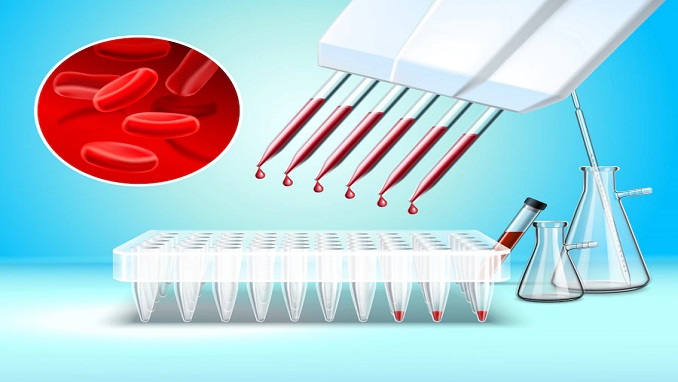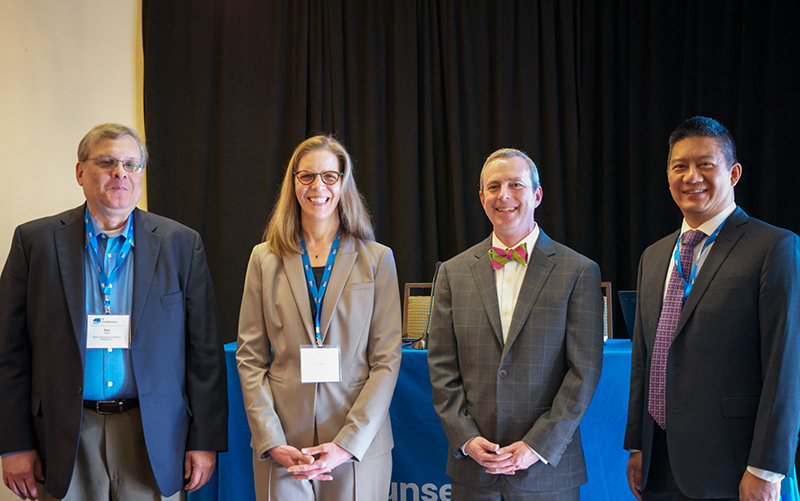The first and only cell-based gene therapy for the treatment of “adult and pediatric patients with beta-thalassemia who require regular red blood cell transfusions,” bluebird bio’s Zynteglo (betibeglogene autotemcel) was approved by the U.S. Food and Drug Administration (FDA) on Wednesday.
FDA describes beta-thalassemia as “a type of inherited blood disorder that causes a reduction of normal hemoglobin and red blood cells in the blood, through mutations in the beta-globin subunit.” This leads to insufficient delivery of oxygen in the body.
The most severe form of the condition, transfusion-dependent beta-thalassemia, requires life-long RBC transfusions every 2-5 weeks as the standard course of treatment.
Dr. Peter Marks, Director of the FDA’s Center for Biologics Evaluation and Research (CBER), noted that this is “an important advance in the treatment of beta-thalassemia, particularly in individuals who require ongoing red blood cell transfusions.”
bluebird bio, which is a member of the Biotechnology Innovation Organization (BIO), estimates that “there are approximately 1,300-1,500 individuals with transfusion-dependent beta-thalassemia in the U.S.”
As per bluebird bio’s release, “the approval of Zyntelgo is the culmination of nearly 10 years of clinical research of gene therapy in patients with transfusion-dependent beta-thalassemia.” These patients experience multiple transfusion-induced health issues, including heart and liver problems due to an excessive build-up of iron in the body.
Zyntelgo helps patients to achieve transfusion independence

FDA describes Zynteglo as “a one-time gene therapy product administered as a single dose.” It’s a customized treatment “using the patient’s own cells (bone marrow stem cells) that are genetically modified to produce functional beta-globin (a hemoglobin component).”
The treatment process, however, as bluebird bio explains, “is comprised of several steps that may take place over the course of several months.”
The treatment works “by adding functional copies of a modified form of the beta-globin gene (βA-T87Q-globin gene)” into a patient’s own blood stem cells. This allows them to “make normal to near normal levels of total hemoglobin without regular RBC transfusions.”
The functional beta-globin gene “is added into a patient’s cells outside of the body (ex-vivo), and then infused into the patient.”
Zynteglo’s effectiveness, according to FDA, was established based on the achievement of transfusion independence which is attained when a patient “maintains a pre-determined level of hemoglobin” for at least 12 months “without needing any red blood cell transfusions.”
“Of 41 patients receiving Zynteglo, 89% achieved transfusion independence,” the FDA added.
Zynteglo available in QTCs
Due to the complex nature of gene therapy, Zynteglo will only be available at carefully selected Qualified Treatment Centers (QTCs) “based on their expertise in relevant areas such as stem cell transplantation, cell and gene therapy, and beta-thalassemia,” said bluebird bio.
The QTCs will receive specialized training to administer the treatment.
Noting that Zynteglo “is setting the standard for what a one-time therapy can deliver,” Tom Klima, bluebird bio’s chief commercial and operating officer, said that they’ve developed an equally innovative commercial infrastructure ” to best support the specialized nature of ex-vivo lentiviral vector gene therapy.”
As the statement points out, “bluebird plans to onboard QTCs on a rolling basis, with the first wave of QTCs trained and activated in September 2022, in anticipation of initiating first patient apheresis in the fourth quarter.”
More Reading:




